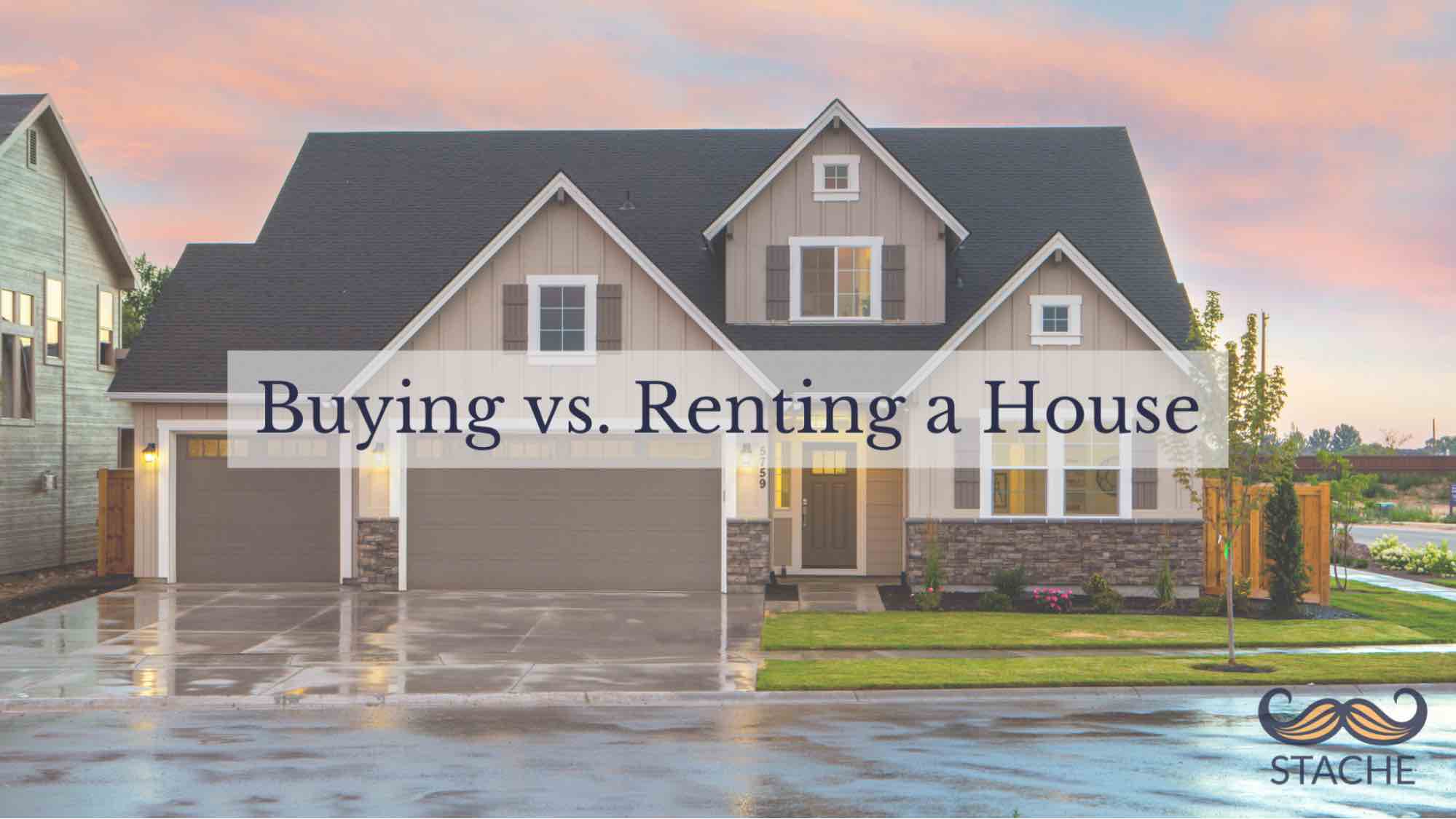Pros of Renting a House
- Flexibility
- Landlord pays for maintenance
- No expensive closing or moving costs
- Renters can experiment with different spaces
- Less direct costs and paperwork
- A landlord is responsible for the cost repairs
Cons of Renting a House
- You do not build equity
- You cannot customize or renovate
- Monthly rent could increase over time
- A landlord can sell their property or stop renting
- Not a permanent living situation
- Rental properties might be limited depending on available properties
- No opportunity to build equity
Pros of Buying a House
- You can build equity over time
- The home value may increase over time
- Ability to freely customize and improve your home
- A feeling of permanence and stability
- No landlord
- Possible tax benefits
Cons of Buying a House
- Extra costs
- Responsible for products and services
- Less flexibility to move
- Home value can vary, which causes loss of money
- Generous amount of money
- Additional expenses beyond the mortgage
- Rising home prices
- Limited available properties of your liking
What is the Difference Between Renting or Buying?
Renting is a great way to get into your new home without paying the entire price. You may not be able to personalize everything in the space, but repairs cost less. Also, if something goes wrong with the repairs, then a landlord will take care of fixing them for you! Rent comes at different rates so, there is no pressure when making such an important decision. Having the ability to move around freely can be beneficial because you do not have to stay at one property.
The mortgage industry is one area of the real estate market where down payments and other requirements sometimes vary. You can get a better mortgage rate with more money down, but you need to pay closing costs. You have the opportunity to customize or update your home with your desires. Renovating may boost your house's overall value. Unfortunately, repairs and maintenance are your responsibility. Home values may rise over time as you build equity, which could improve your wealth.
Is It Financially Better for Me to Rent or Buy a House?
As the housing market changes, related costs to buying and renting a home depend on location and level of maintenance and repairs. At times, the cost of renting can be cheaper in the short term because of the up-front costs. These costs consist of down payments, sometimes a security deposit, closing and moving fees, and repairs or improvements made as well. Buying a home is an investment with the potential to grow your wealth.
It may be more expensive when you first purchase a home, but long-term buying can help you build equity and credit. The higher credit you have, the more likely you are to have a lower mortgage interest rate. With both buying or renting a house, some landlords might have you pay HOA fees (Homeowners Association). Some types of communities may ask you to pay an HOA fee, usually monthly as well.
How to Know You Are Ready to Buy a House?
Buying a house is an exciting process, but it is also full of many challenges and additional costs. It is essential to make sure you are ready before finalizing your purchase.
To know if you are ready, ask yourself these questions:
- Are you sure your finances are in order?
- No student loans
- Credit card bills
- Do you have a safety net?
- If your employer laid you off today, would you have enough to continue paying your living expenses such as mortgage and bills? If possible, try to save up six months' worth of living expenses so that if you suddenly lose your income, you can maintain stability.
- Do you have enough cash for a 10–20% down payment on your new home?
- Having 20% or more means that you do not have to pay private mortgage insurance, which protects lenders from going bankrupt if their borrowers stop paying.
- How much of your take-home pay will go towards paying off debt each month?
- Make sure your monthly mortgage payment, including all taxes and fees, is less than 25% of your monthly take-home income. By doing this, it helps you budget your money.
- Do you love the location where you are buying a house?
- If you love the location of your first home and plan on staying there for more than three years then your investment will be worth it. If your living arrangement is only temporary, then you should consider renting instead.
When Should I Rent Instead of Buy a House?
It is never too late to get out of debt and start saving. Renting an apartment is the best way for people who are invested in their finances, whether they have student loans or credit card bills to limit the amount of money they spend.
If you do not plan to stay long in one area, renting is your best option! Renting allows less commitment than buying a house, where you have to remain there for a certain amount of time for your investment to be worth it.
Renting is a great option when you need time before committing to an important decision like purchasing a home. When you are a student away from home, newly graduated, just married, or just unsure which specific area you would like to live in, take the time to figure it out before taking a big step if you are not ready.

